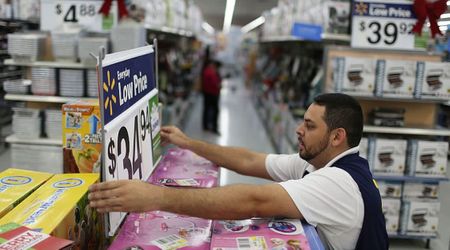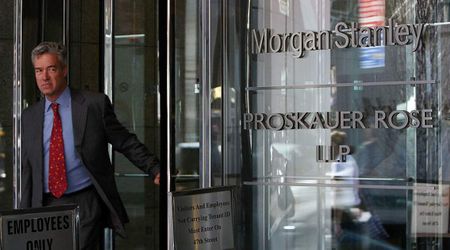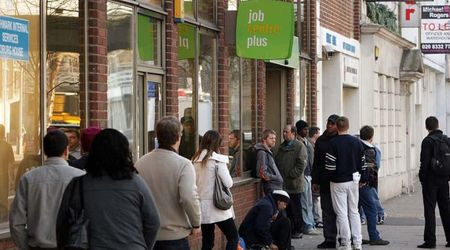Here are 5 Places Where Consumers Must Watch out for Fraudsters Lurking Around

Riskiest locations to make credit card transactions

Today, the ease of making purchases comes with a great risk of financial fraud. With 1.13 million cases of financial fraud reported in 2023, the Federal Trade Commission urges consumers to exercise vigilance in their financial transactions. One common form of financial fraud is identity theft, where criminals steal personal information such as Social Security numbers, credit card details, and passwords to make unauthorized transactions or open fraudulent accounts in victims' names.
1. ATMs

ATMs serve as a prime target for skimming, with criminals exploiting them to secure debit and credit card data. Even with the implementation of chip cards to counter this threat, wrongdoers have evolved tactics, employing "shimmers" capable of extracting information from chip-based cards. Besides these, scammers may also trap cash inside the ATM with the use of wires or other devices to prevent cash from being dispensed properly, allowing them to retrieve it later. Consumers must exercise caution and thoroughly inspect ATMs for any signs of suspicious devices before inserting their cards.
2. Gas Stations

Due to high customer traffic and limited supervision, gas stations become a great place to dupe individuals. In a 2018 crackdown, the U.S. Secret Service found almost 200 skimmers at 400 gas stations. Scammers may physically tamper with gas pumps to install skimming devices or wireless transmitters that capture credit card data when customers insert their cards. This type of scam can be difficult to detect, as the tampering may not be immediately obvious to customers. Therefore, to avoid getting scammed, consumers are advised to exercise caution when using cards at gas pumps and opt for secure payment alternatives such as mobile apps or cash.
3. Mobile Vendors

Mobile vendors at festivals, fairs, and concerts may appear trustworthy, but some could turn out to be scammers. Some vendors might resort to old-fashioned methods, such as manually writing down credit card details when processing transactions. This leaves customers vulnerable to having their information misused or stolen. Moreover, vendors may try to lure customers with attractive deals or discounts but then overcharge or add unauthorized charges to their credit cards during the transaction process. To protect your card information, it's important to verify the legitimacy of vendors and closely monitor your transaction.
4. Dining Establishments

Hidden dangers lurk in dining establishments as transactions often occur behind the scenes, away from patrons' view. Unscrupulous servers or establishments may exploit this opportunity by utilizing skimmers to illicitly gather card details, potentially leading to unauthorized charges surpassing the meal's actual cost. Moreover, if a restaurant's computer systems are compromised, hackers can gain access to customers' credit card information stored in their databases.
5. Chain Retailers

While large chain retail stores invest in robust security measures, the massive volume of transactions makes them attractive targets for thieves. Renowned retailers like Target and TJX have experienced data breaches involving customer cards. Employees with access to customer payment information may abuse their privileges by stealing credit card details or selling them to criminals. This could happen through manual copying of card information or using unauthorized devices to skim cards. If you have any suspicions, it is important to report them to your credit card provider.






















